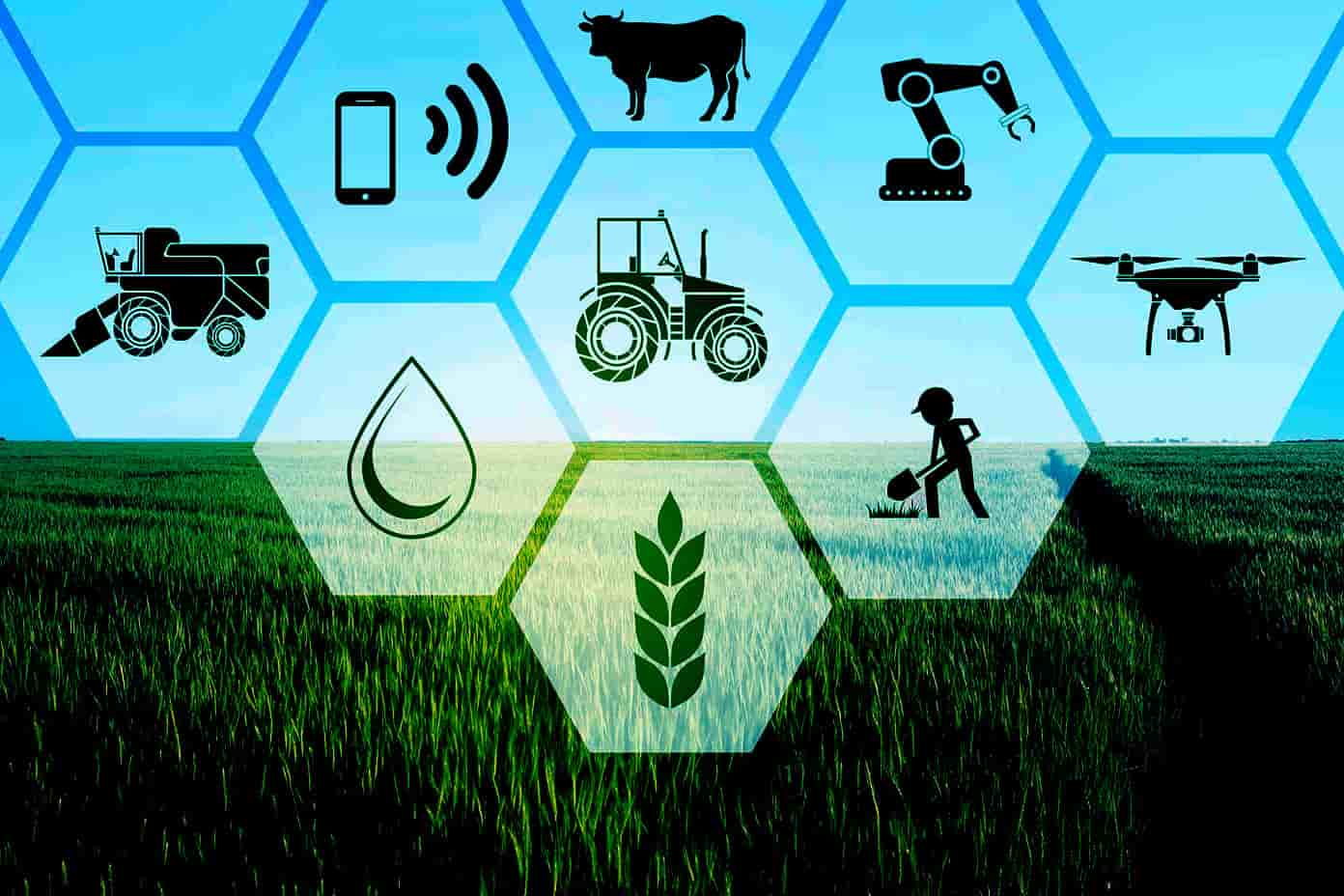Revolutionizing Agriculture: Exploring the Realm of Modern Farming
Introduction:
In recent years, the agricultural industry has undergone a remarkable transformation with the advent of modern farming techniques and technologies. Gone are the days of traditional farming practices that relied solely on manual labor and unpredictable weather conditions. Modern farming has ushered in a new era of precision, efficiency, and sustainability, revolutionizing the way we produce food and manage our land. In this blog post, we will delve into the world of modern farming and explore the innovative approaches that are shaping the future of agriculture.
1. Precision Agriculture:
One of the key pillars of modern farming is precision agriculture, which involves the use of advanced technologies to optimize crop production. Farmers now have access to a plethora of tools such as GPS, drones, and satellite imagery, enabling them to monitor and manage their fields with unprecedented precision. These technologies provide valuable insights into soil health, moisture levels, and nutrient requirements, allowing farmers to make data-driven decisions regarding irrigation, fertilization, and pest control. As a result, resources are utilized more efficiently, minimizing waste and maximizing yields.
2. Vertical Farming:
Vertical farming has emerged as a groundbreaking solution to combat the challenges of land scarcity and climate change. By utilizing vertical space in controlled indoor environments, crops are grown in stacked layers or vertical towers, independent of traditional soil-based cultivation. This method reduces the need for vast expanses of farmland and minimizes the reliance on harmful pesticides and herbicides. Vertical farming also enables year-round crop production, regardless of external weather conditions, thus ensuring a consistent supply of fresh produce.
3. Hydroponics and Aeroponics:
Hydroponics and aeroponics are soilless cultivation techniques that have gained traction in modern farming. Hydroponics involves growing plants in nutrient-rich water, while aeroponics suspends the plant roots in a misted environment. Both methods promote faster plant growth, reduced water consumption, and better control over nutrient delivery. These systems can be implemented in urban areas, allowing for localized food production and reducing the environmental footprint associated with long-distance transportation.
4. Smart Farming and Internet of Things (IoT):
The integration of IoT technologies has revolutionized farming operations by creating "smart farms." Sensors embedded in the soil, crops, and farm equipment collect real-time data, which is then analyzed to optimize farming practices. Farmers can remotely monitor temperature, humidity, soil moisture, and even the health of individual plants. Automated systems can regulate irrigation, adjust lighting conditions, and detect early signs of plant diseases, enabling proactive intervention. By harnessing the power of IoT, farmers can streamline processes, minimize waste, and improve overall productivity.
5. Sustainable Practices:
Modern farming places a strong emphasis on sustainability and environmental stewardship. Farmers are increasingly adopting organic farming practices, minimizing the use of synthetic chemicals and promoting biodiversity. Crop rotation, cover cropping, and integrated pest management are implemented to improve soil health and reduce the dependence on pesticides. Furthermore, renewable energy sources, such as solar panels and wind turbines, are being integrated into farms to reduce carbon emissions and achieve energy independence.
Conclusion:
Modern farming has unleashed a wave of innovation that is reshaping the agricultural landscape. With precision agriculture, vertical farming, hydroponics, and smart farming techniques, farmers can produce more food with fewer resources, mitigate environmental impact, and ensure a sustainable future. These advancements not only increase productivity and efficiency but also contribute to food security, reduce waste, and address the challenges posed by climate change. As we move forward, the continued integration of technology, sustainability practices, and scientific research will pave the way for a more resilient and prosperous agricultural sector.
By embracing modern farming methodologies, we can cultivate a future where food production meets the demands of a growing population while preserving our planet's precious resources.

Comments
Post a Comment